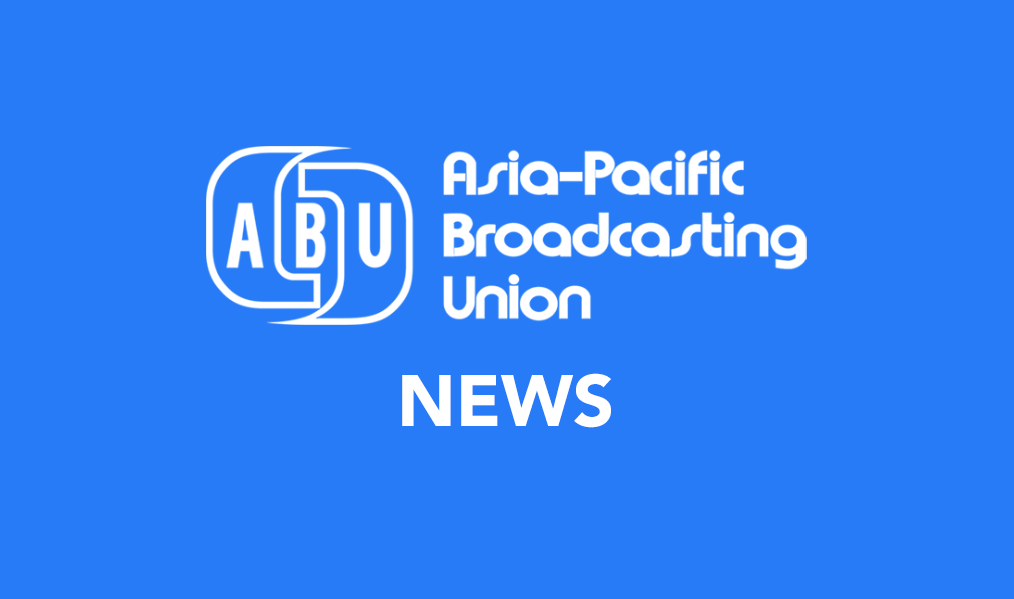
ABU Broadcast Media Initiative Workshop on DRR ends in India
 The final workshop of the ABU Broadcast Media Initiative on Disaster Risk Reduction took place in Bhubaneswar, India between April 21 and April 25, 2015. The project is supported by ESCAP.
The final workshop of the ABU Broadcast Media Initiative on Disaster Risk Reduction took place in Bhubaneswar, India between April 21 and April 25, 2015. The project is supported by ESCAP.
The participants were 23 experienced producers from radio and TV station of Doordarshan TV and All India Radio networks in Delhi, Mumbai, Chennai, Kerala, Goa, Orissa and other areas affected by coastal hazards.
The Keynote address was delivered by Mr. Suresh Chandra Panda, Director Personnel Prasar Bharati, which administer DD and AIR. He emphasised that Prasar Bharati gives top priority to capacity building for its staff on emergency warning broadcasting and programming for disaster preparedness.
The Director General of the Staff Training Institute of All India Radio and Doordarshan, Ms Rashmi Pradhan, thanked ABU for initiating this timely and extremely needed workshop.
During the first two days of the workshop the participants were introduced to the work of the India Meteorological Office, the State Disaster Mitigation Authority and UNDP in Orissa. The Prasar Bharati strategy and policy in disaster risk reduction through media was introduced by the Director General of News, Doordarshan, Mr. Akshay Rout and the Head of Policy AIR, Mr. Rajeev Shukla.
The course consultants Mr. Russell Isaac, Mr. Walter Welz, Mr. Aqeel Qureshi and Ms Natalia Ilieva offered sessions on developing an Emergency Broadcast Plan, linking of the broadcast stations with the other organisations working on disaster preparedness, pre- disaster programming and preparation, reaching vulnerable communities and groups like women, children, persons with disabilities and the elderly.
The second part of the course concentrated more on the practical side of operating under “disaster type” circumstances. On the third day the group visited to the National Disaster Reaction Force (NDRF) training centre of Orissa. Participants were introduced to the work of the NDRF, their modus operandi, the equipment available to them and witnessed water based rescue scenarios on a nearby river. Three groups were asked to produce news and feature items for potential TV broadcast and two groups were asked for a similar radio output.
The NDRF operation on the day was well organised and presented and was of immense practical value to the overall knowledge and experience of the participants.
On the fourth day, the participants worked on editing and producing their items with the assistance of an ABU technical trainer in camera and editing techniques Mr Tim Short. The groups also worked on suggestions to design their stations bespoke Standard Operational Procedures (SOP’s) for different natural hazards scenarios. The items were critically reviewed and analysed as an interactive exercise. The three TV and two Radi0 pieces will be broadcast on local stations of Doordarshan and All India Radio.
The final day was based on an in-depth discussion of SOP’s and suggestions relating to improving communications within the broadcast sector and with other stakeholders and in particular at the community level. With a large influx of trainees into Indian State broadcasting already underway, the broad consensus of the workshop was that the course had been an invaluable aid not only to the participants but would also serve as aid to passing advice on to the new generation of broadcasters just entering the India Public Service Broadcasters.

